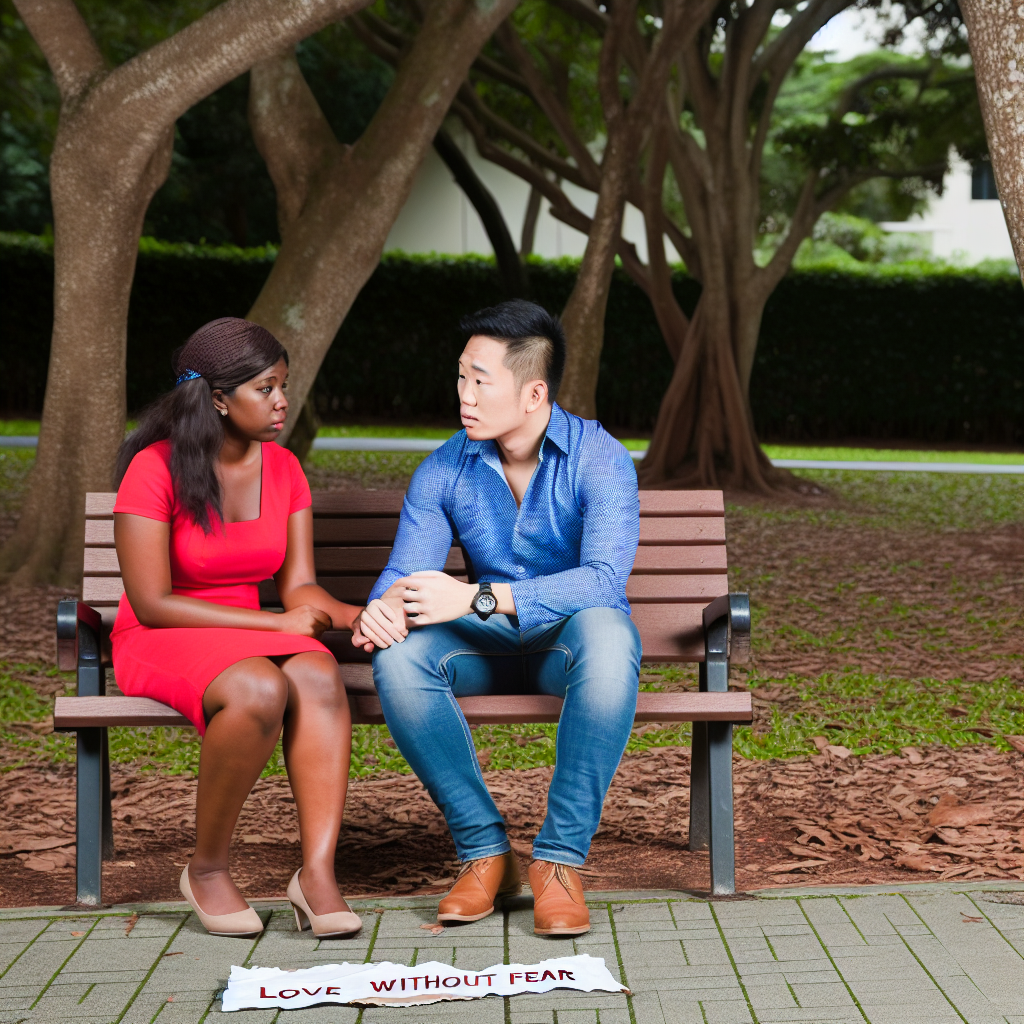Anxious Attachment Dating: How to Love Without Fear
Understanding the Anxious Attachment Style: What the Science Tells Us
Anxious attachment style is rooted in attachment theory, a psychological framework that describes the dynamics of long-term relationships. Research has shown that attachment styles strongly correlate with adult relationship patterns.
According to a 2010 study published in the Journal of Social and Personal Relationships, individuals with anxious attachment are more prone to:
– Heightened emotional reactivity
– Fear of abandonment
– Increased surveillance behaviors in romantic partnerships
On a physiological level, anxiously attached individuals can experience amplified activity in the amygdala—the brain’s threat detection center—when they feel emotionally unsafe. A 2009 Nature Neuroscience study showed that individuals with insecure attachment displayed more brain activity associated with fear and pain when experiencing social rejection.
They also tend to misinterpret neutral or ambiguous partner behaviors as negative or threatening. This cognitive distortion can lead to a loop of seeking constant validation while simultaneously fearing detachment—creating emotional turbulence in relationships.
Common Traits of Anxious Attachment in Dating
Here are some common relational behaviors and patterns seen in anxiously attached individuals:
– Over-involvement early in dating
– Frequent need for reassurance
– Difficulty tolerating relationship ambiguity
– Jealousy and preoccupation with potential abandonment
While these behaviors can complicate dating dynamics, they’re not “flaws”—they are trauma-adaptive responses that made sense at some earlier stage of emotional development. The key is learning how to soothe these impulses rather than suppress them or judge yourself for having them.
Healing Is Possible: How Emotional Intelligence and Therapy Help
There’s powerful hope here: attachment styles are not fixed traits. They can and do evolve with self-work, healthy relational experiences, and proper healing tools.
According to Dr. Sue Johnson, a clinical psychologist and author of Hold Me Tight, emotionally secure romantic partners can provide crucial healing pathways. She writes: “Emotionally responsive partners are a corrective experience that reduces anxiety.”
Therapeutic modalities, especially Emotionally Focused Therapy (EFT) and Cognitive Behavioral Therapy (CBT), have been shown to help anxiously attached individuals:
– Reframe their internal beliefs about love and worthiness
– Develop better emotion regulation tools
– Establish trust and stability in relationships
– Disengage from unhelpful behavior like obsessing or emotional chasing
Expert Tools for Mindful, Secure Dating in a Modern World
Relationship coaches, dating experts, and certified matchmakers also offer valuable tools for building confidence and attracting emotionally available partners.
Many suggest beginning with:
– Building a “secure base” through self-soothing techniques
– Mindfully pacing emotional intimacy in early dating
– Setting and communicating personal boundaries
– Practicing emotional honesty—with both yourself and your partner
In today’s digital-first dating culture, where ambiguity often reigns supreme, these steps are especially crucial. Clear communication from the start can significantly reduce the emotional confusion often triggered in anxiously attached minds.
Conclusion: You Are Not Your Attachment Style
Navigating love with an anxious attachment style doesn’t mean you’re doomed to toxic cycles or heartbreak. With insight, alignment, and a solid commitment to emotional growth, you can be empowered to love with confidence, trust, and calm.
Your attachment style may help explain your fears, but it doesn’t have to write your future. When fear takes the backseat, love gets to lead—and it leads to deeper, more secure, and infinitely more fulfilling connections.
Concise Summary:
Anxious attachment is a form of insecure attachment that can significantly impact romantic relationships. However, with self-awareness, therapeutic tools, and healthy relational experiences, individuals with anxious attachment can cultivate secure, joyful, and lasting partnerships. This article explores the science behind anxious attachment, common dating patterns, and expert strategies for mindful, secure dating in the modern world.
References:
– [Journal of Social and Personal Relationships](https://journals.sagepub.com/home/spr)
– [Nature Neuroscience Study on Attachment and the Brain](https://www.nature.com/articles/nn.2311)
– [Dr. Sue Johnson’s “Hold Me Tight” Book](https://www.suejohnson.com/)
– [The Gottman Institute on Attachment Styles and Relationships](https://www.gottman.com/blog/attachment-styles-and-relationships/)
– [Emotionally Focused Therapy Overview – ICEEFT](https://iceeft.com/what-is-eft/)
– [Psychology Today – Anxious Attachment Style](https://www.psychologytoday.com/us/basics/attachment-theory)

Dominic E. is a passionate filmmaker navigating the exciting intersection of art and science. By day, he delves into the complexities of the human body as a full-time medical writer, meticulously translating intricate medical concepts into accessible and engaging narratives. By night, he explores the boundless realm of cinematic storytelling, crafting narratives that evoke emotion and challenge perspectives. Film Student and Full-time Medical Writer for ContentVendor.com



